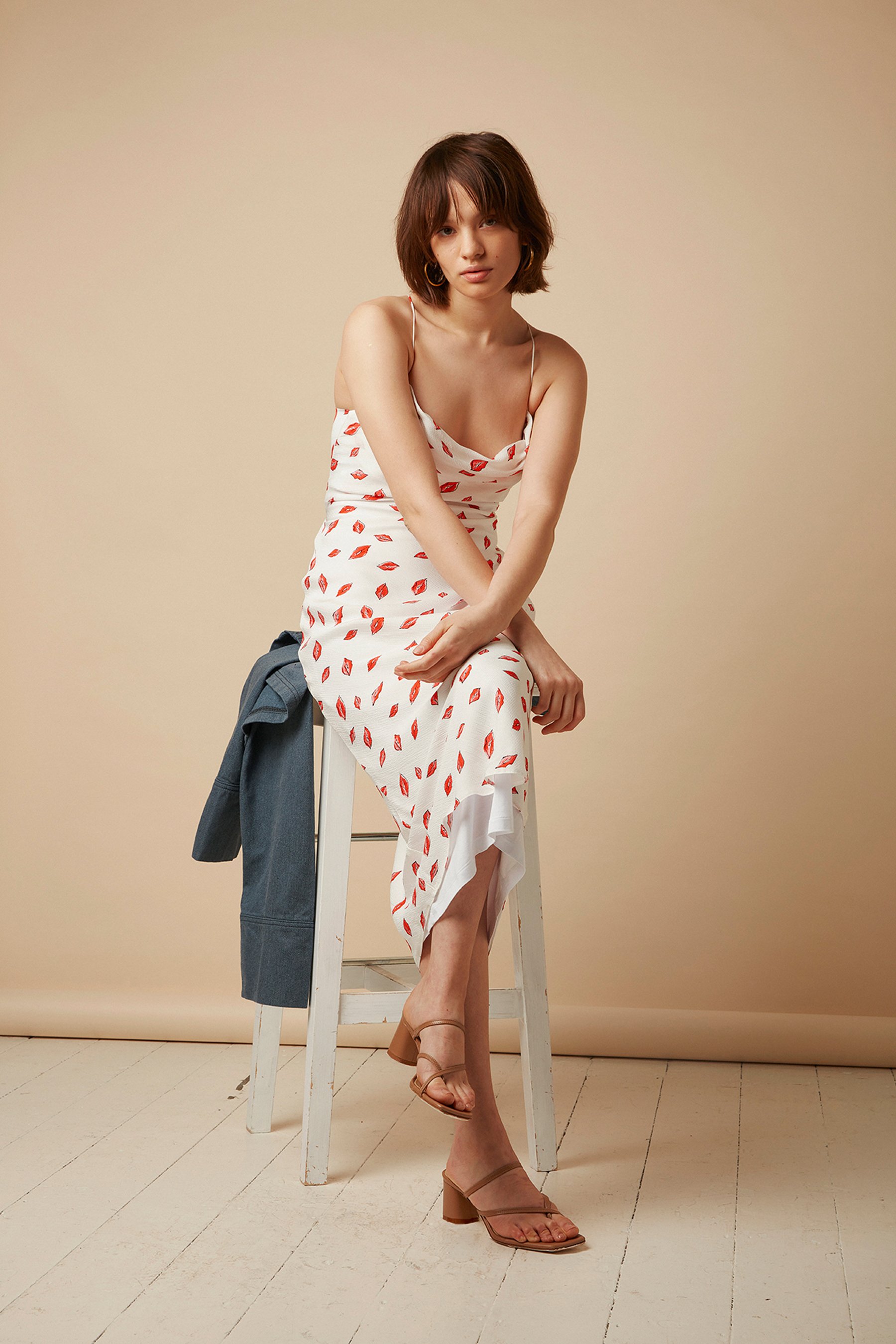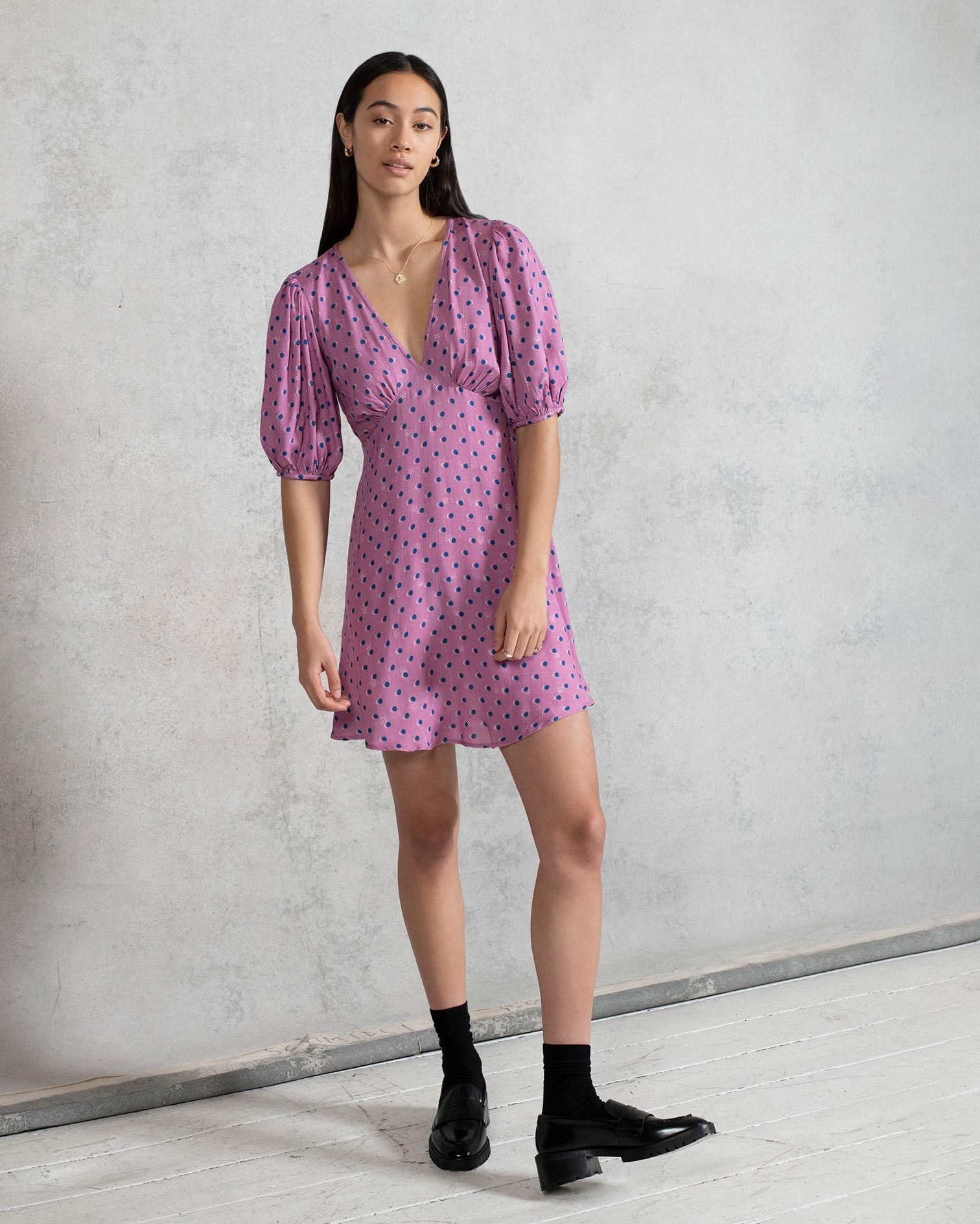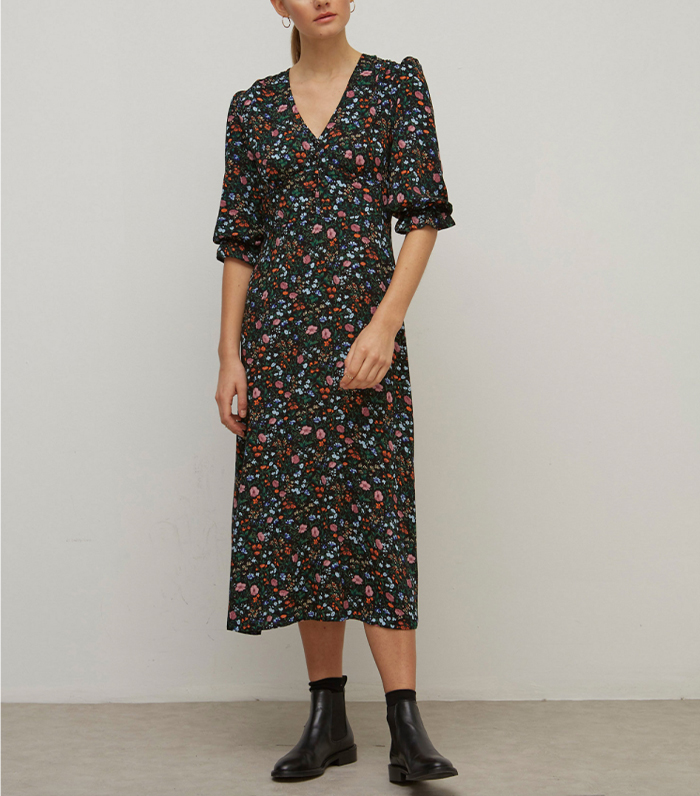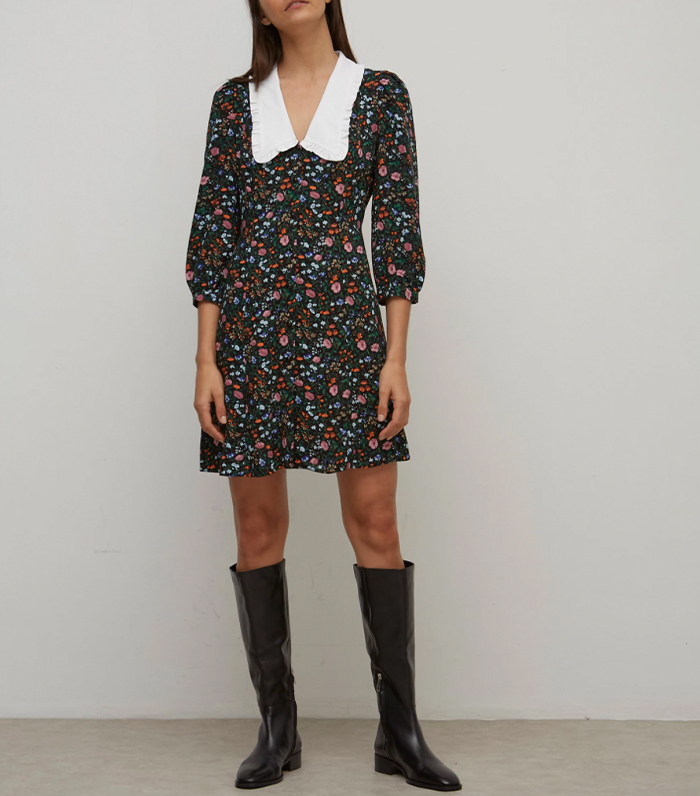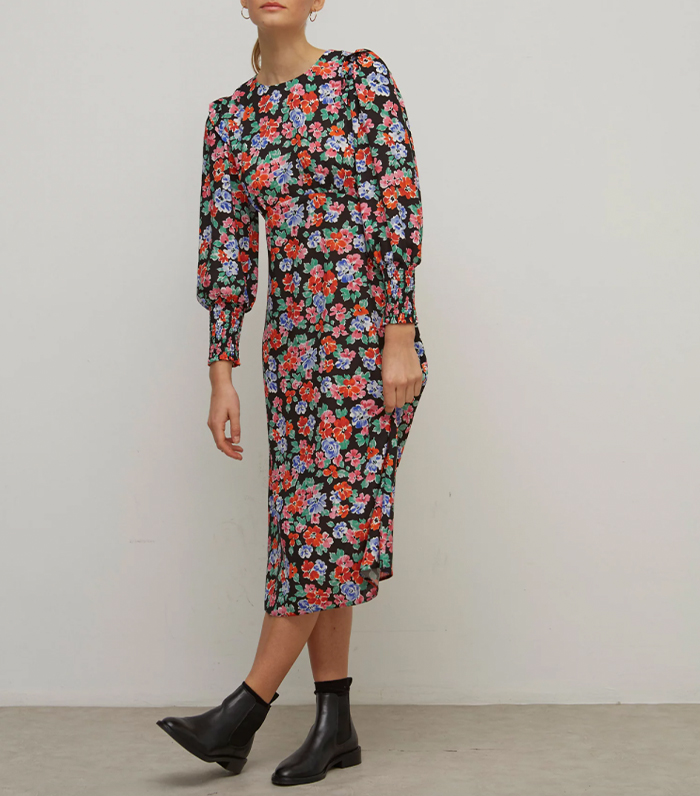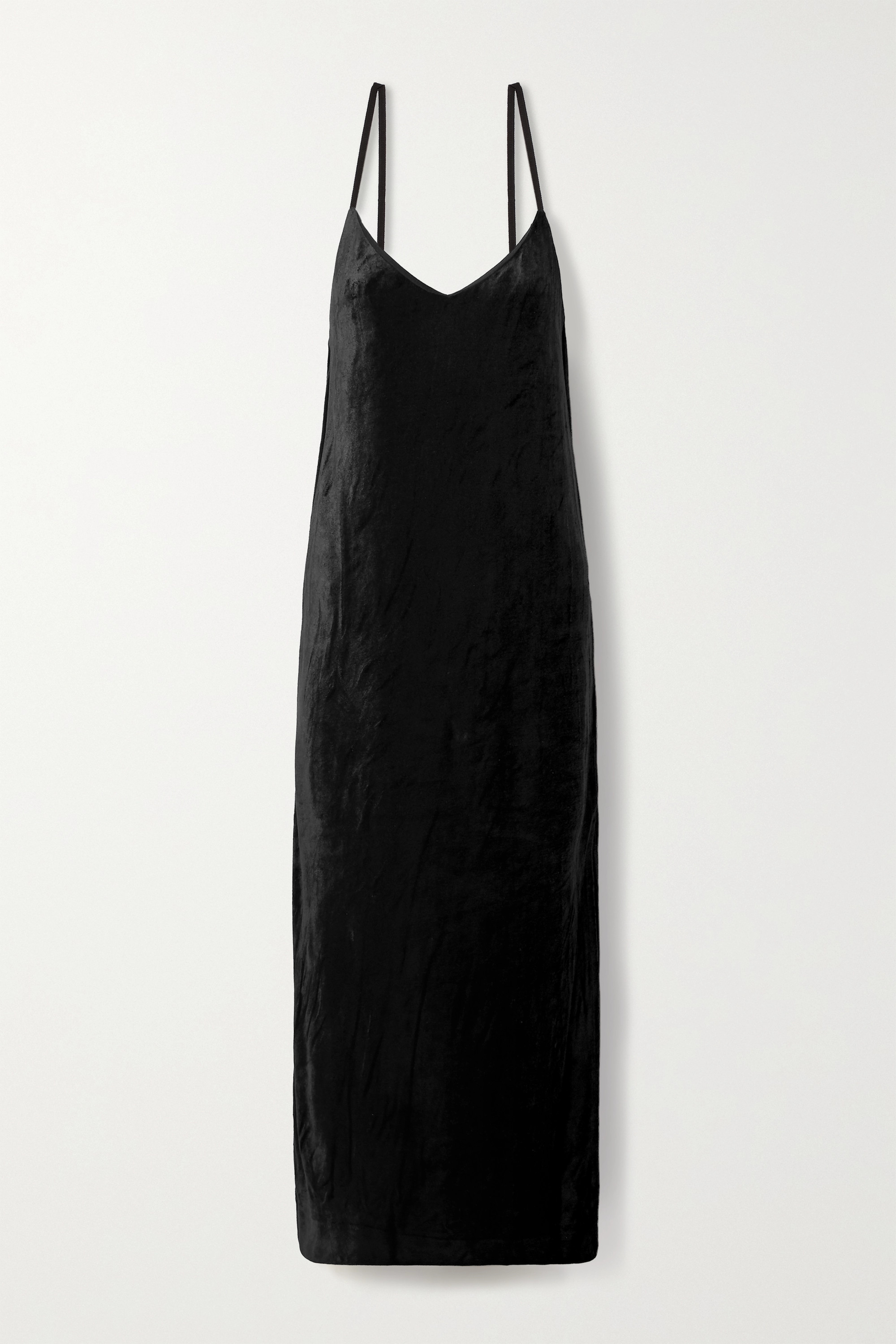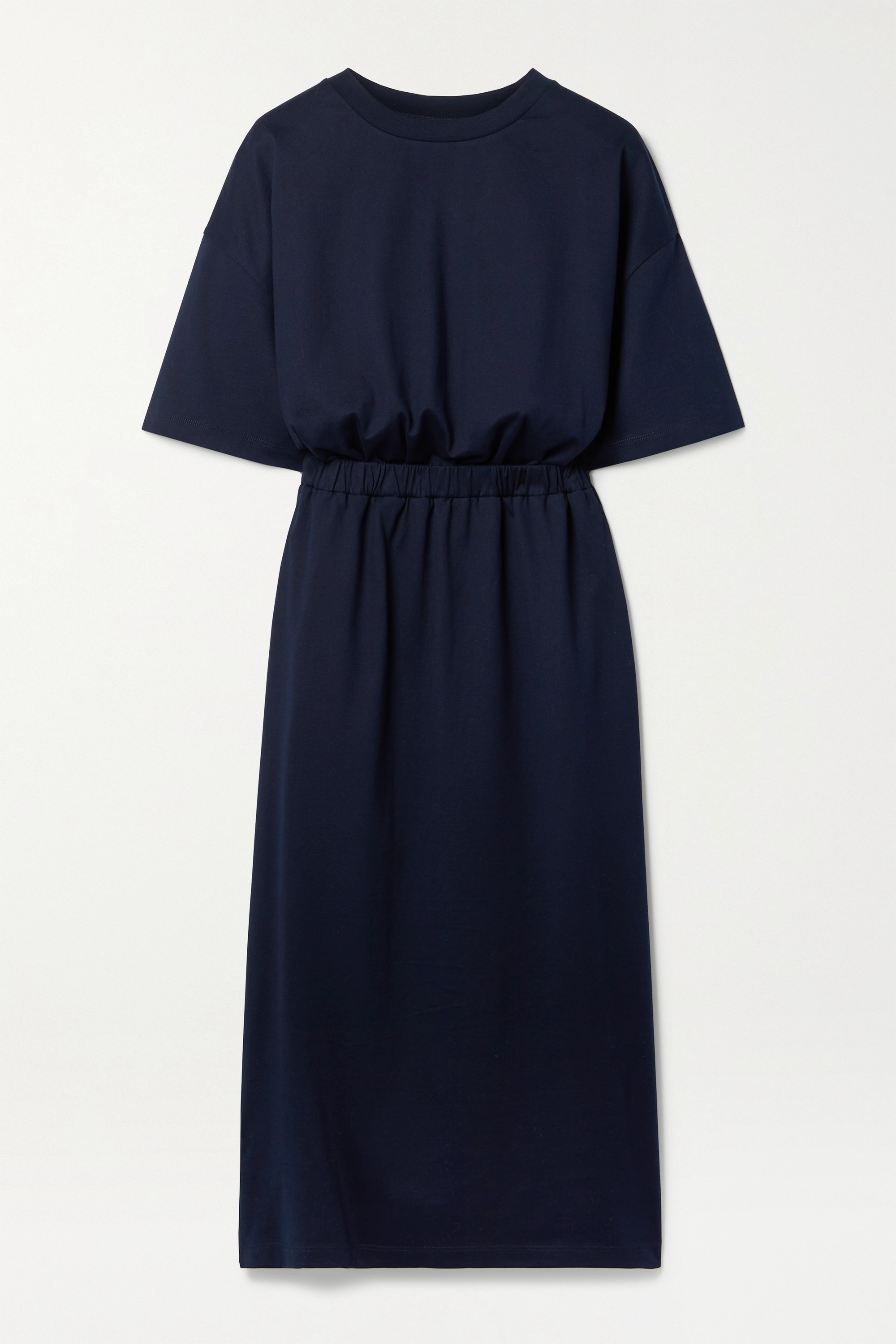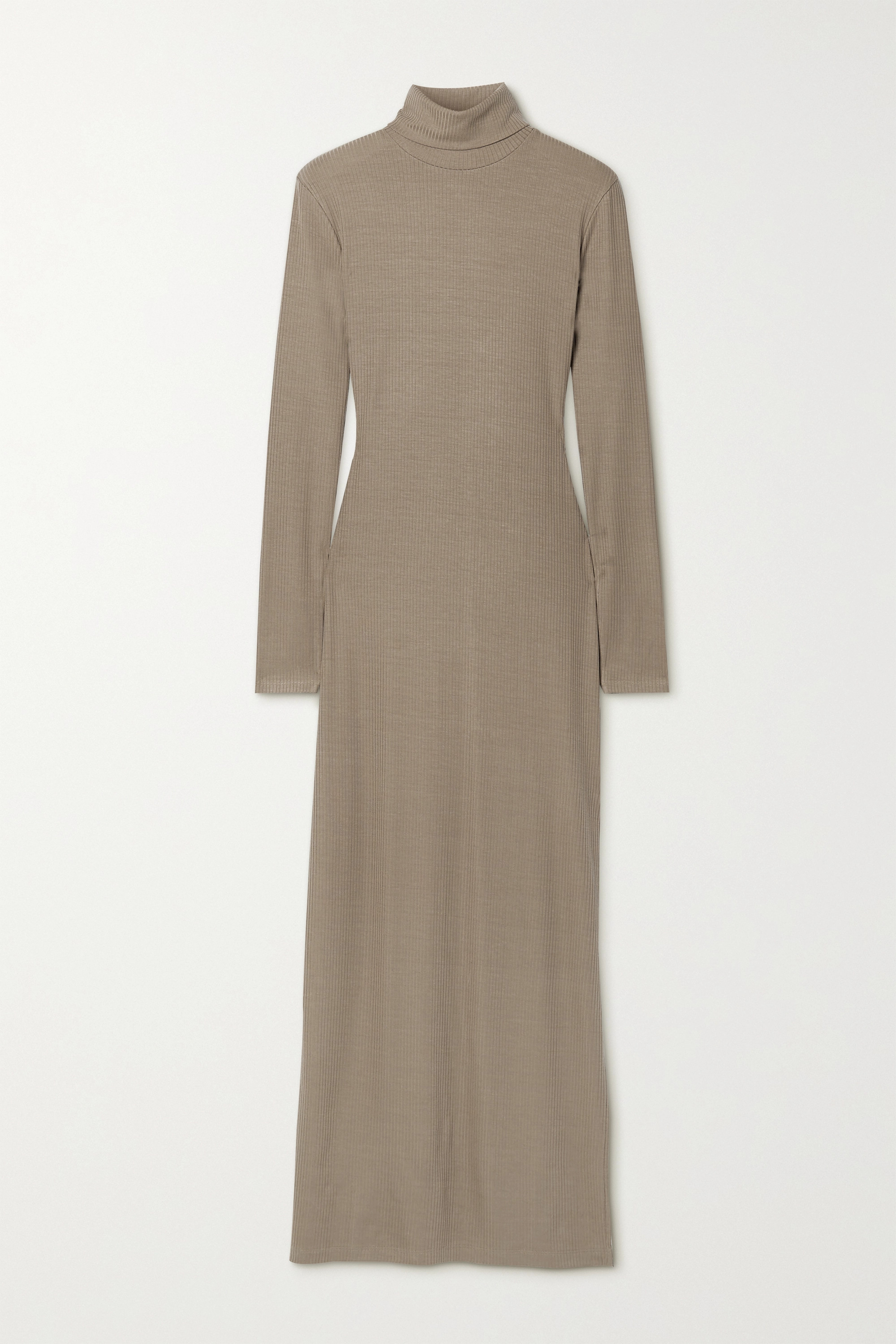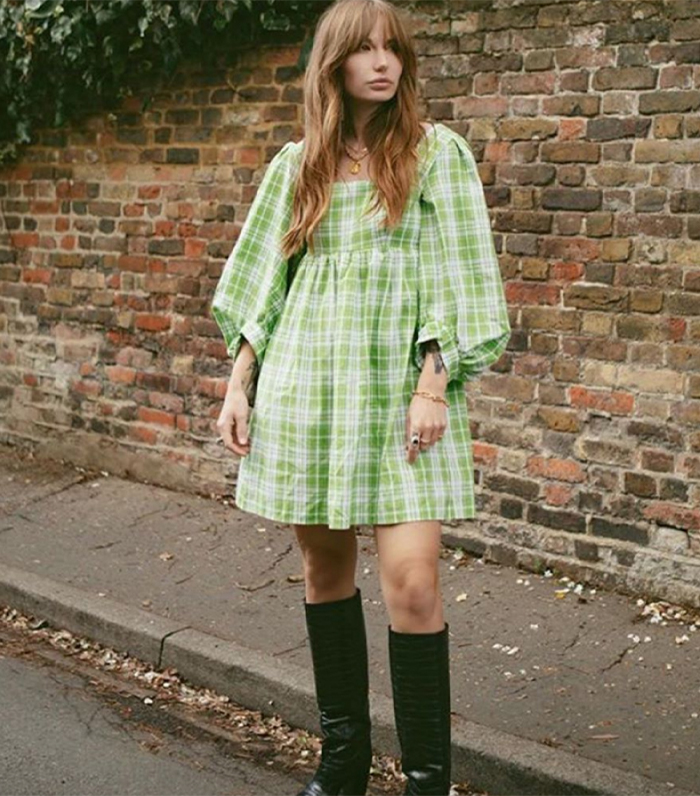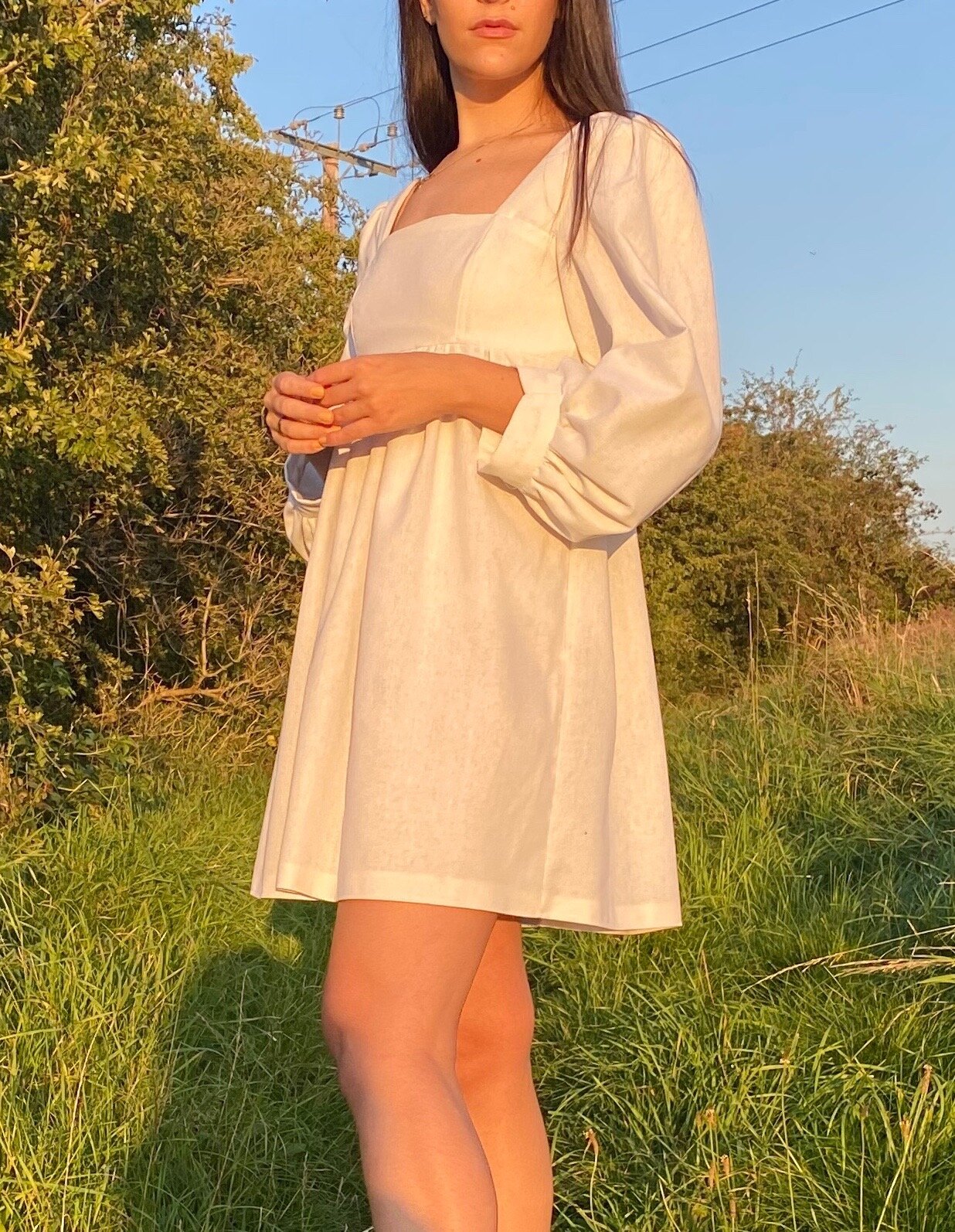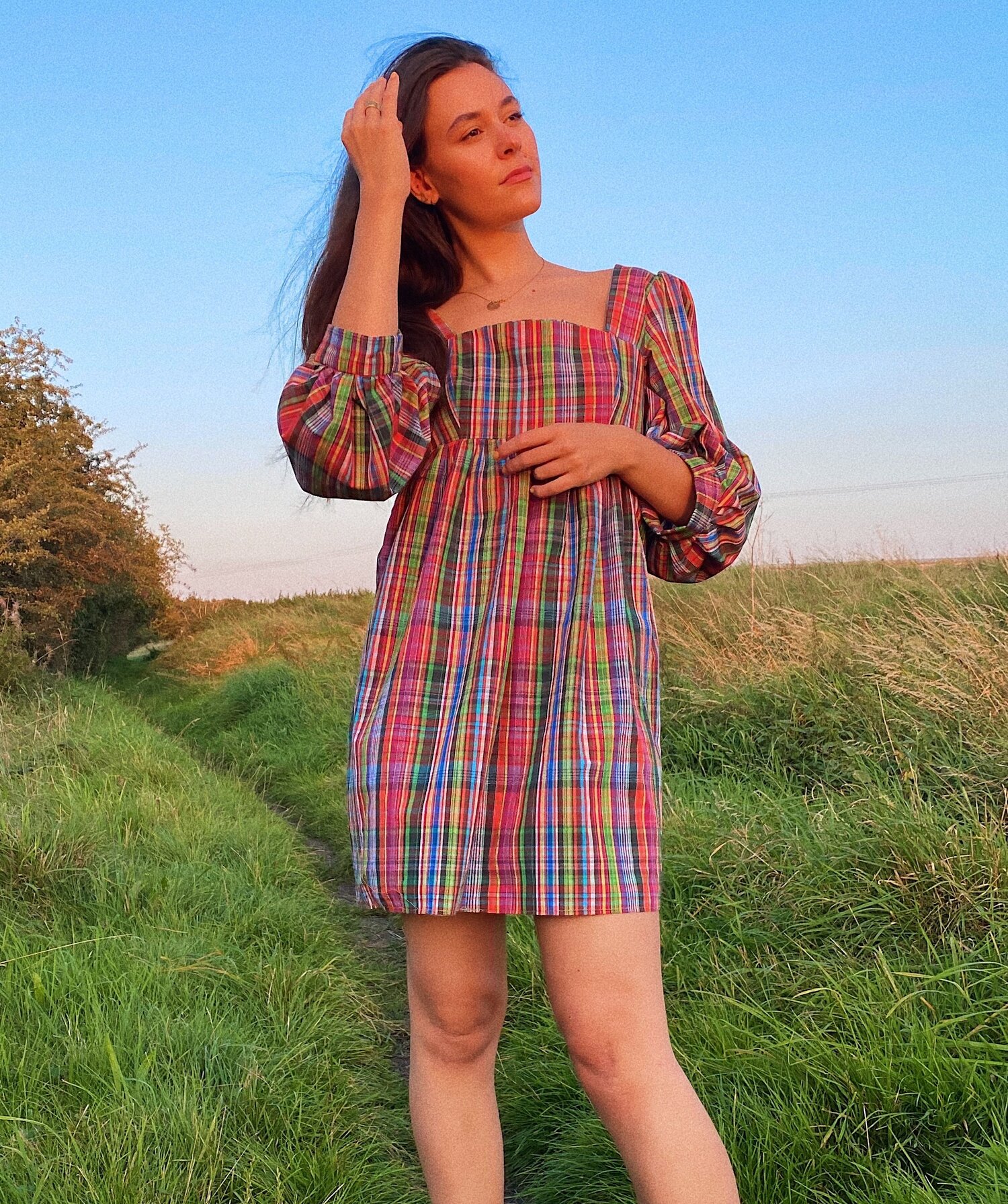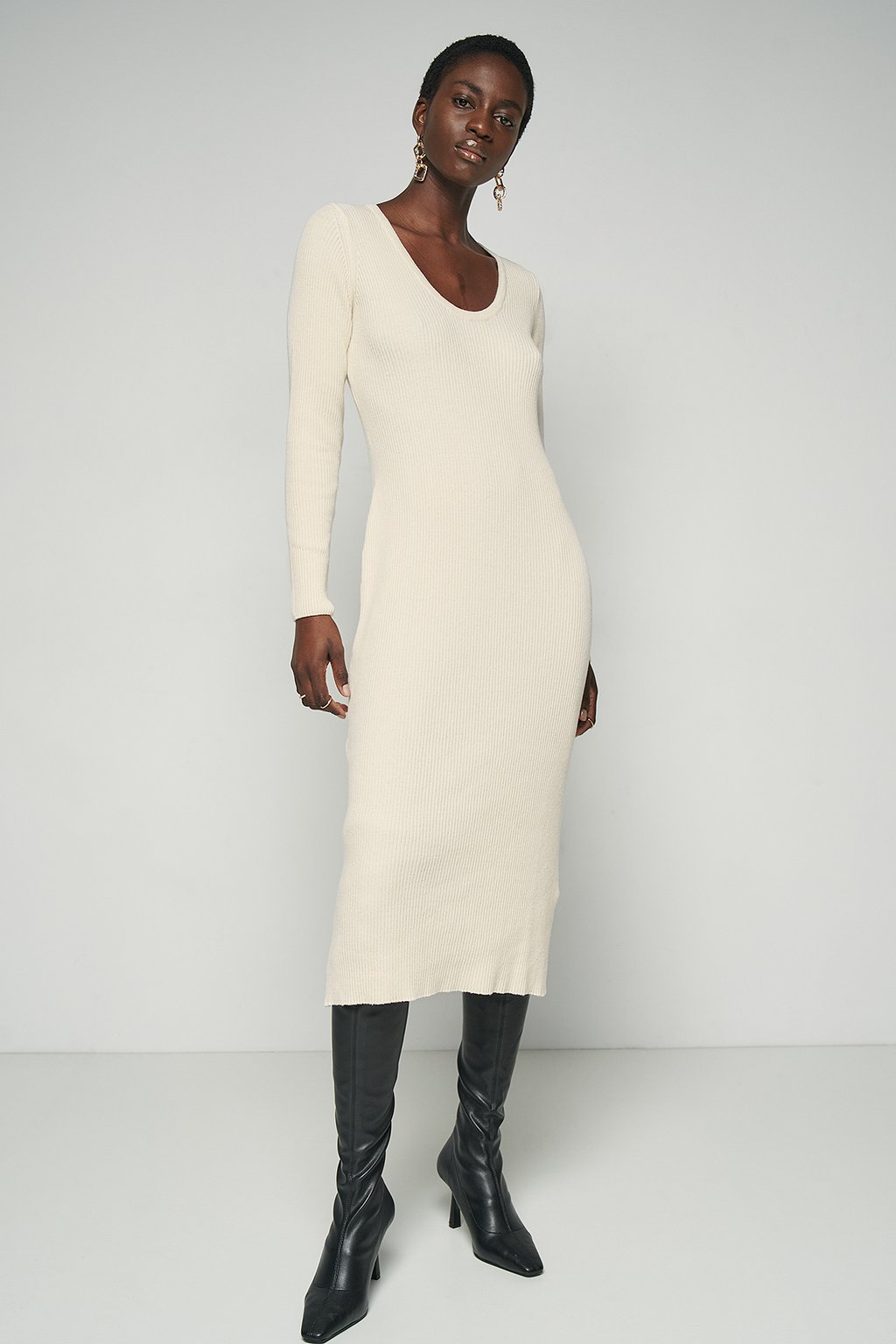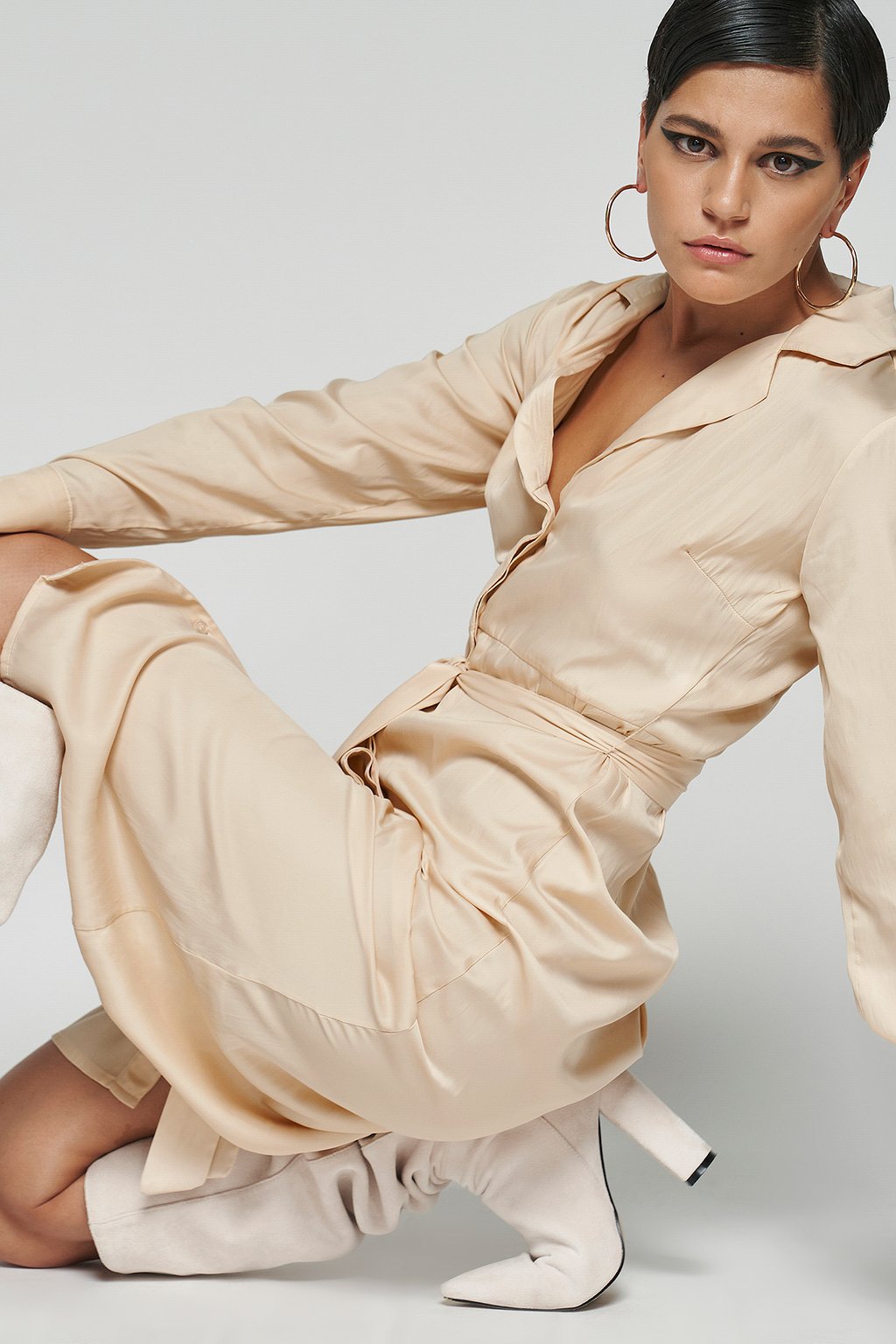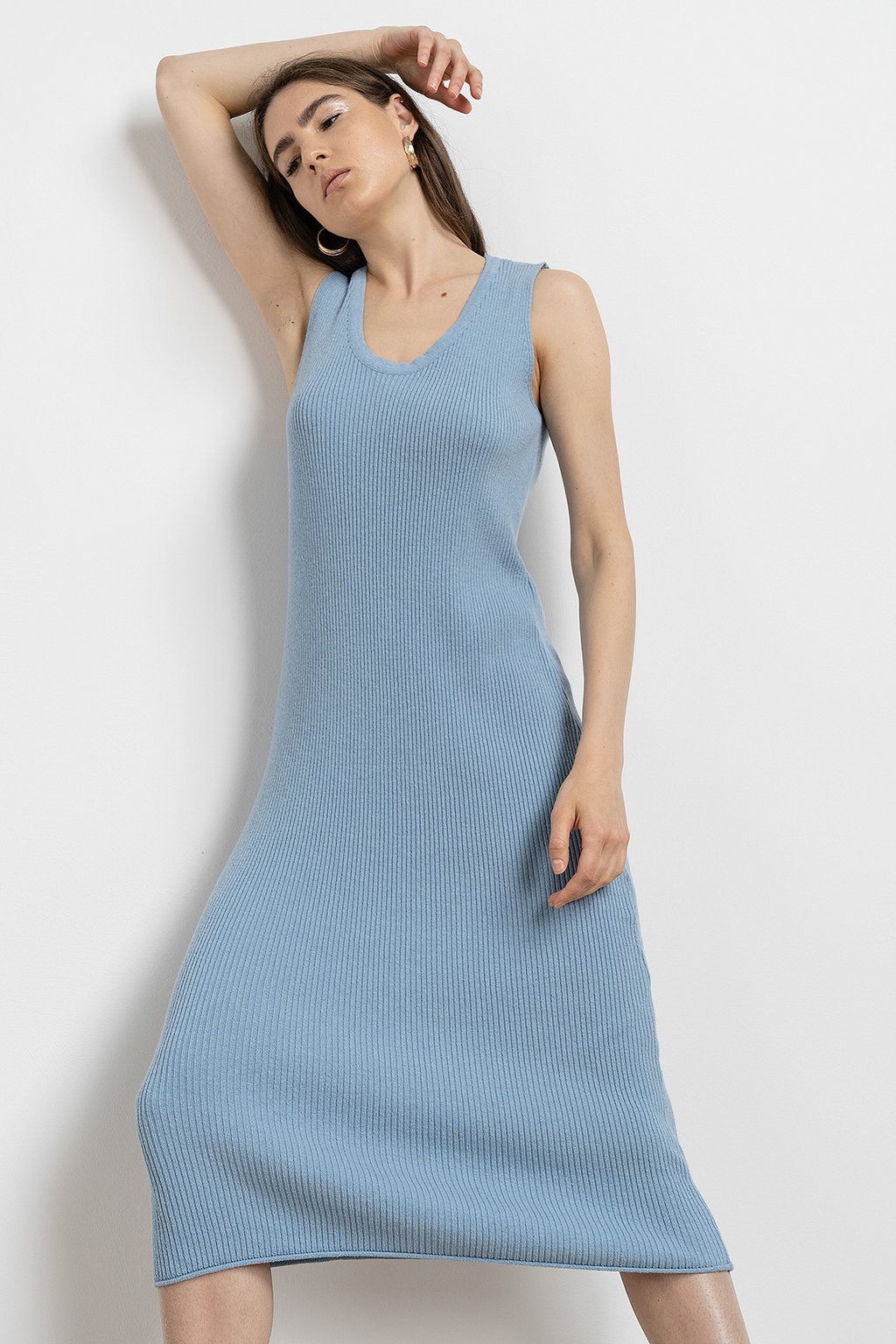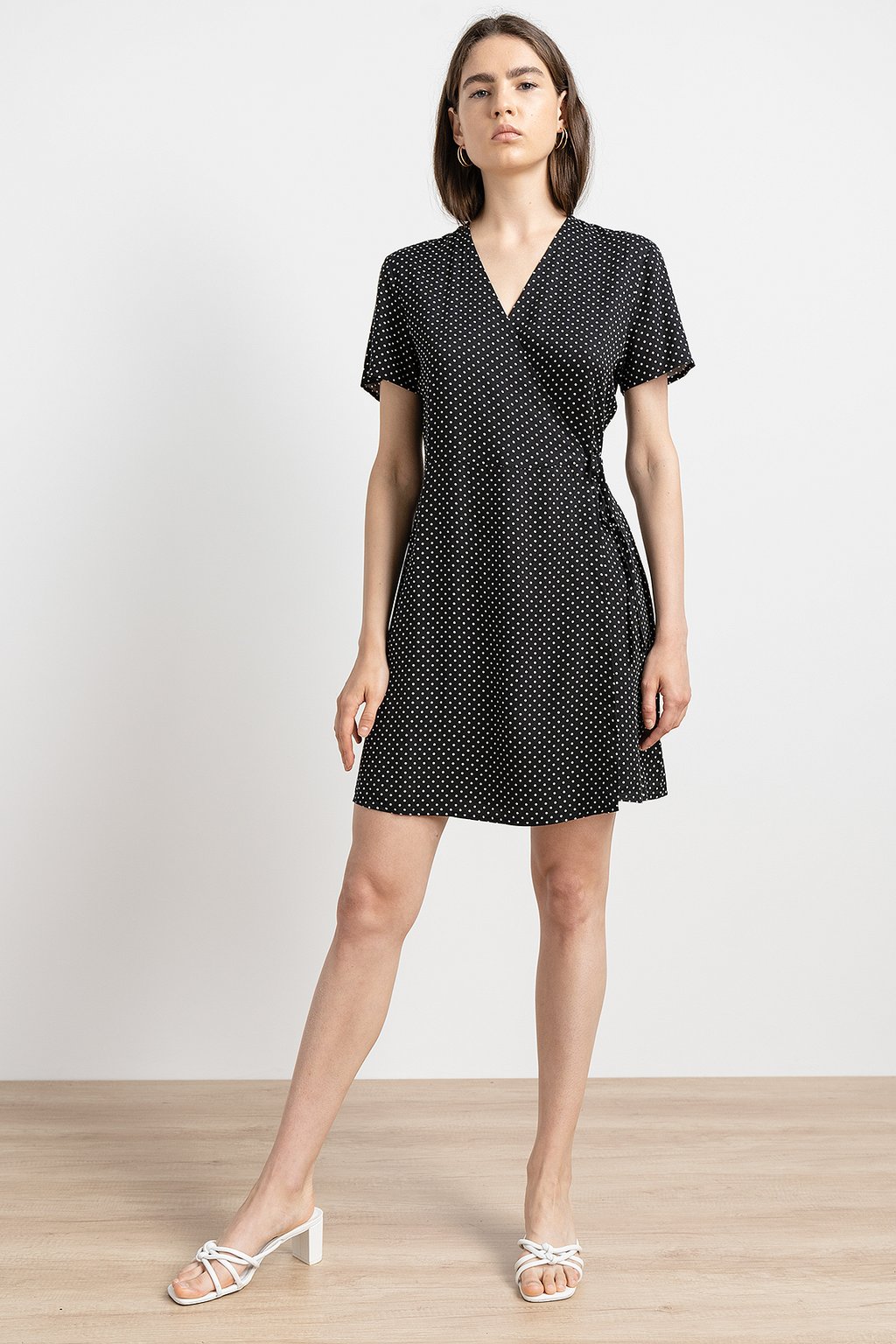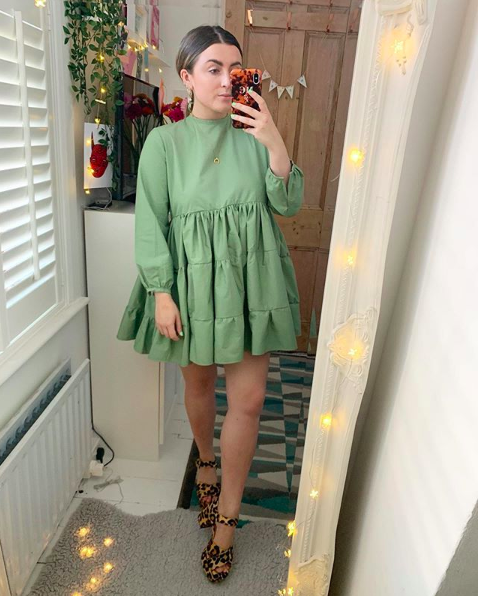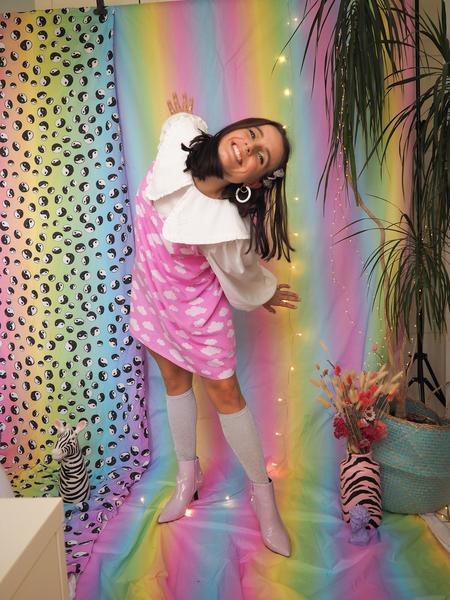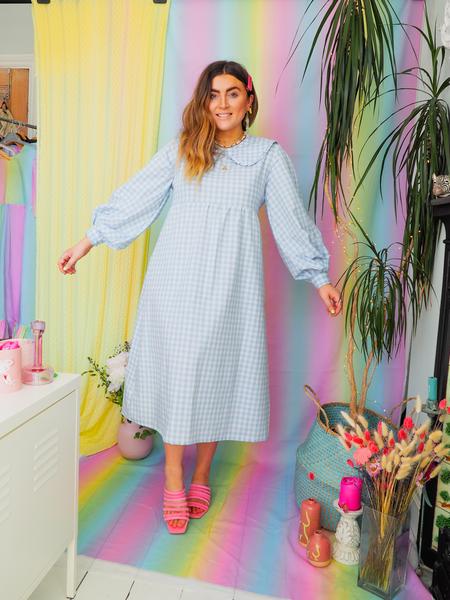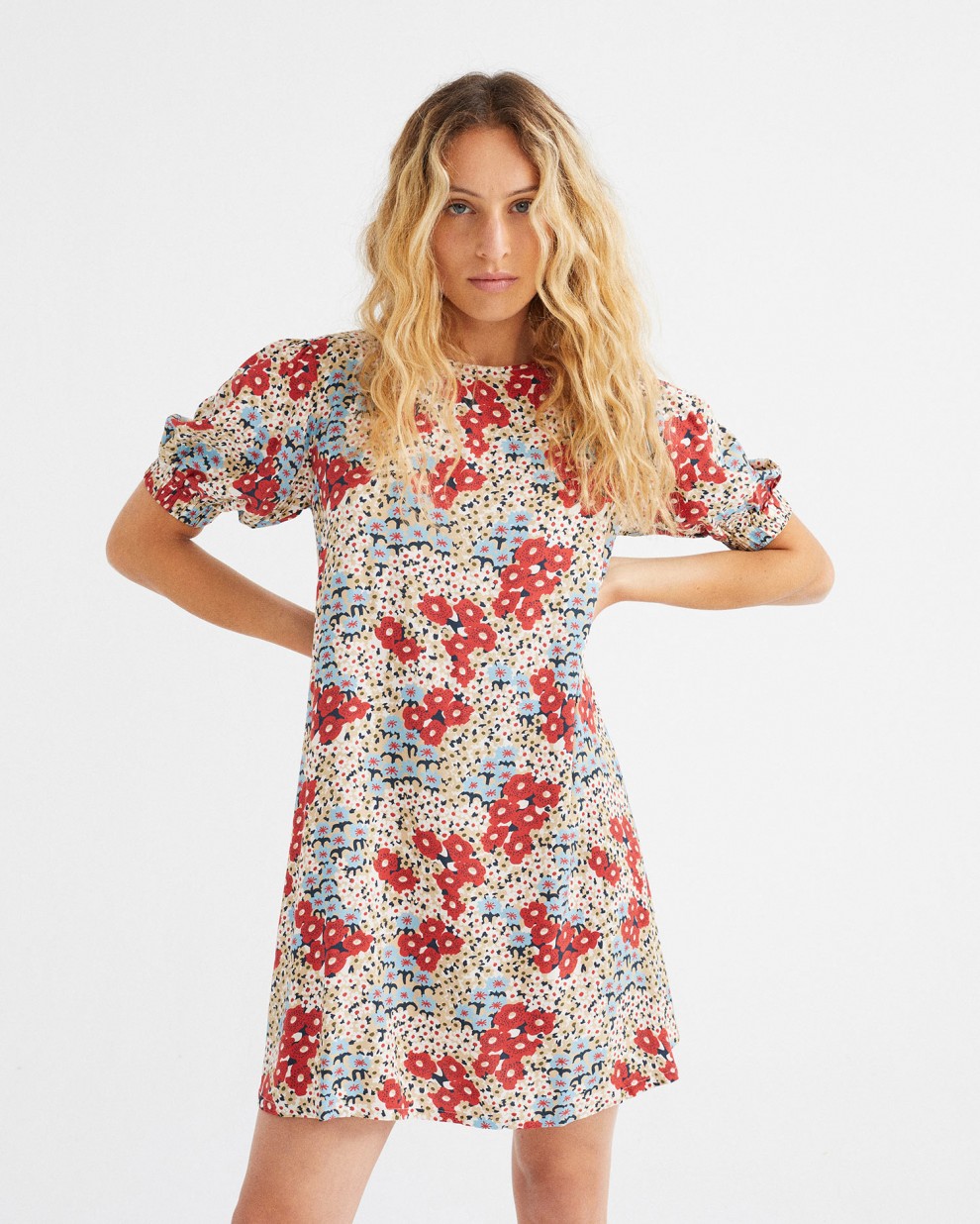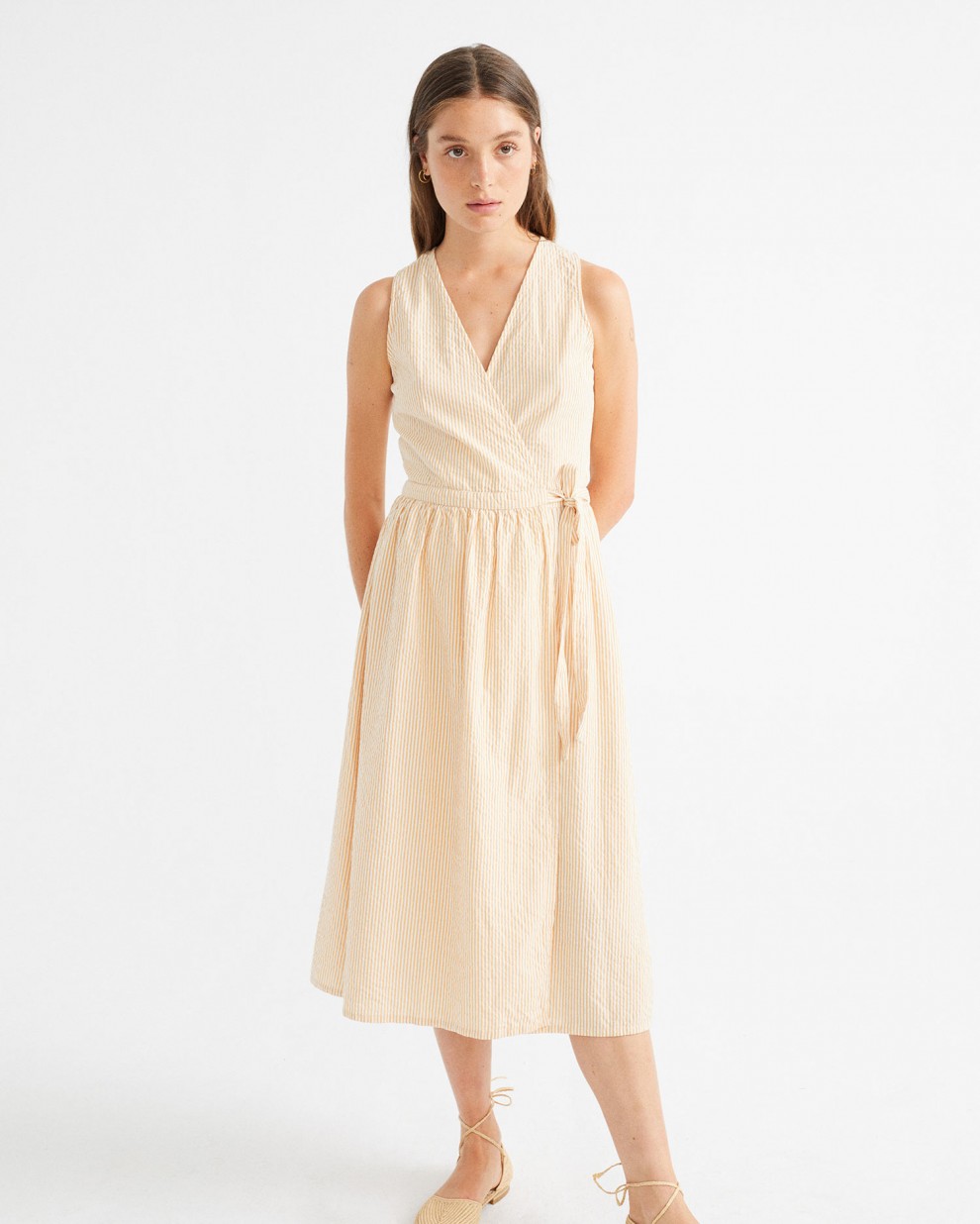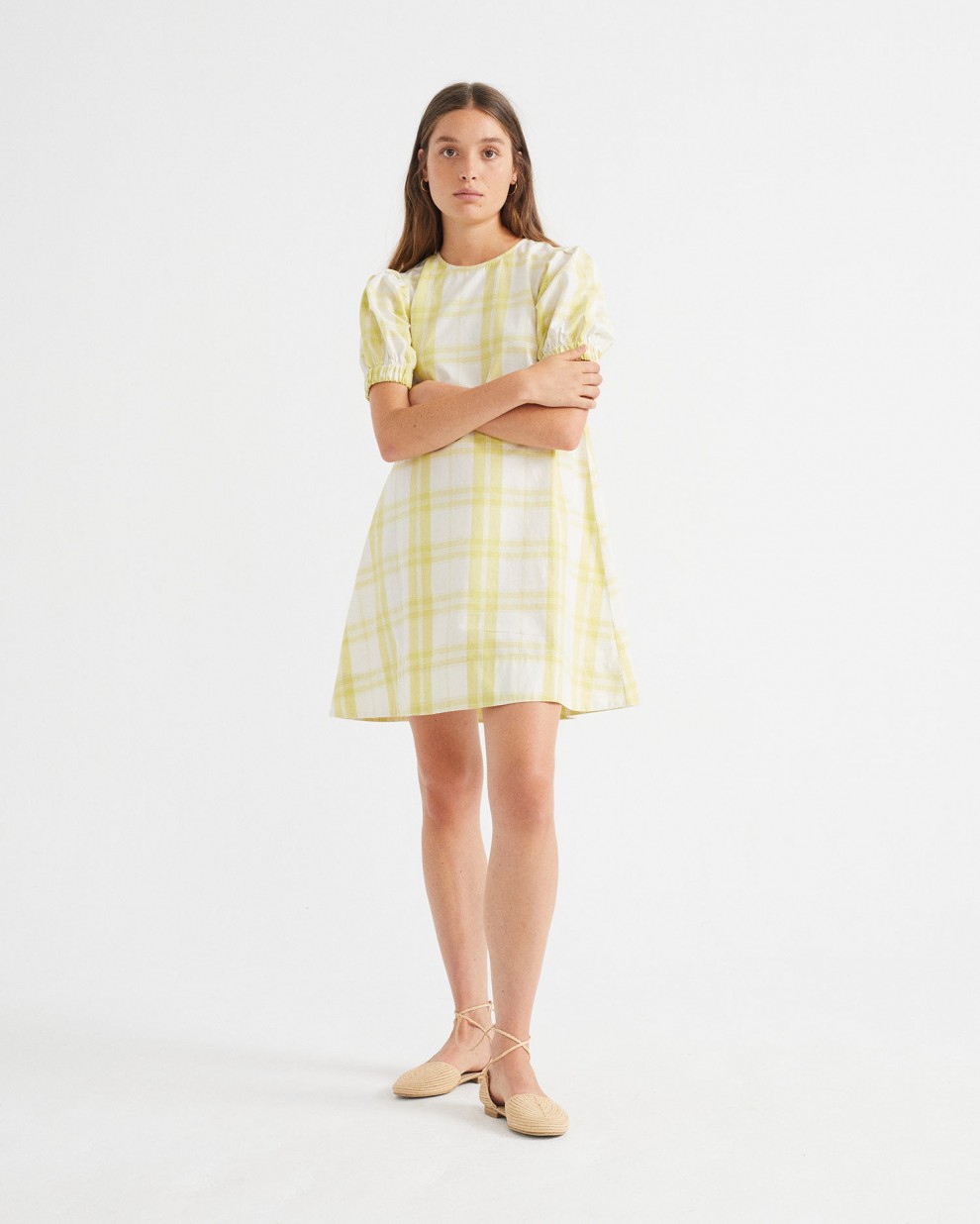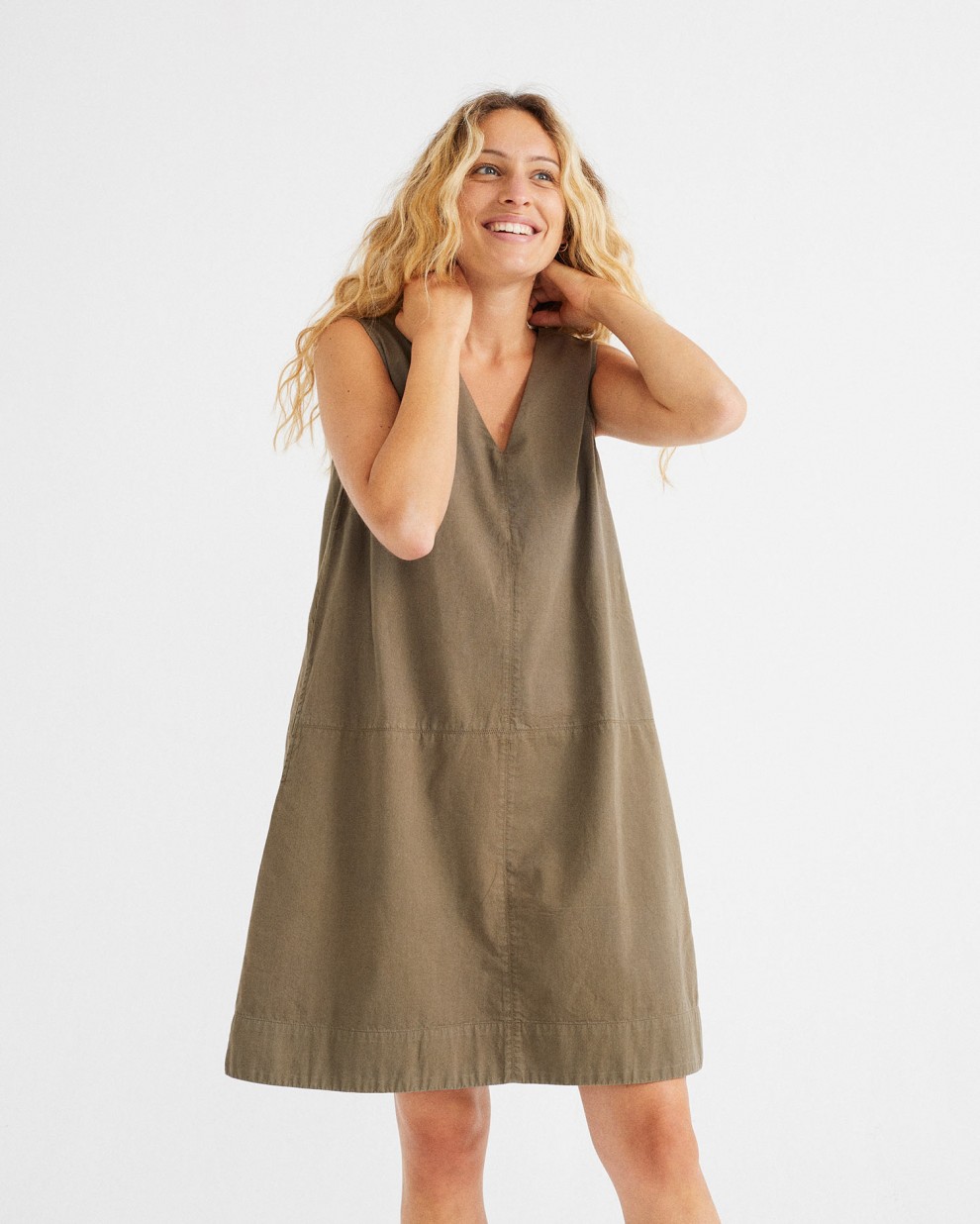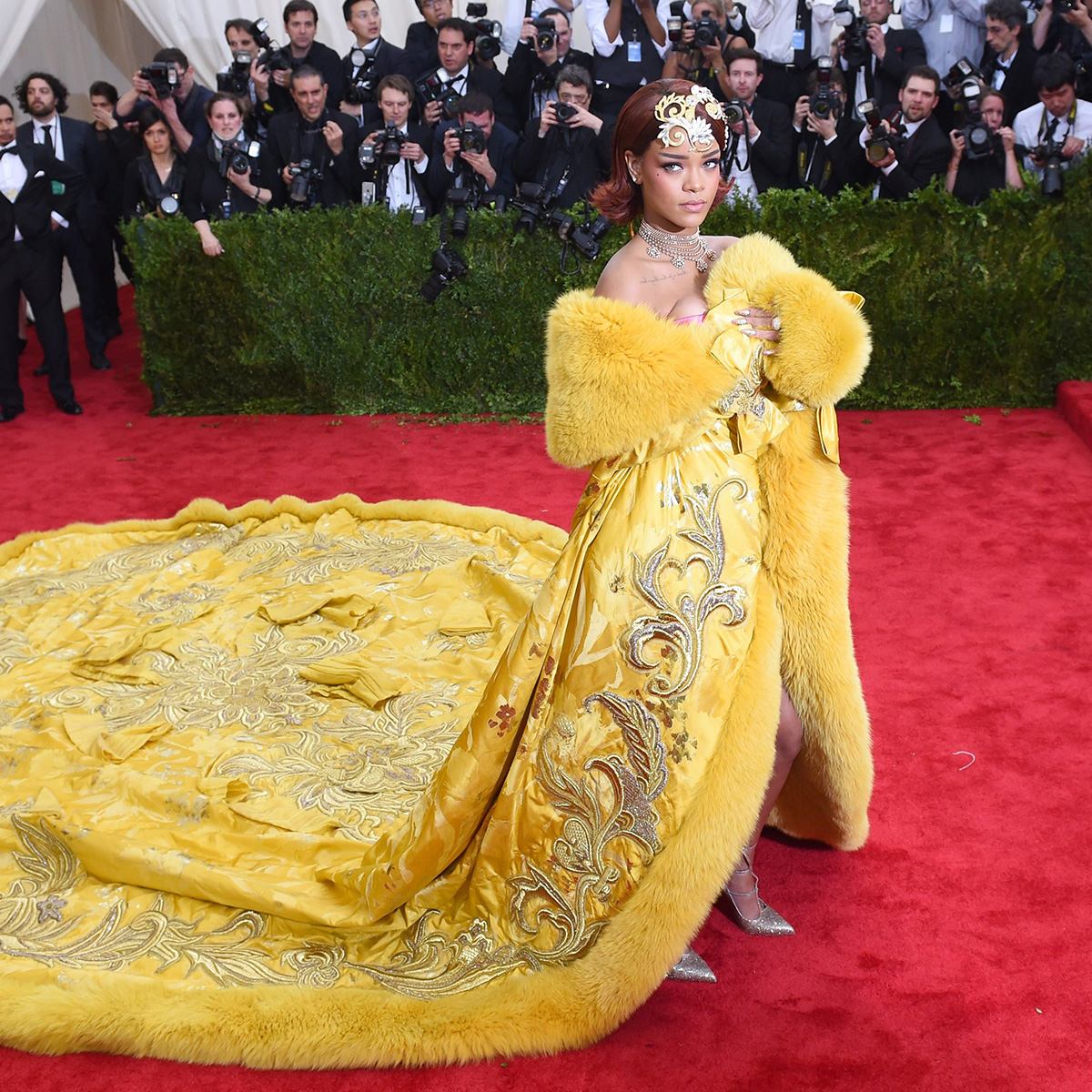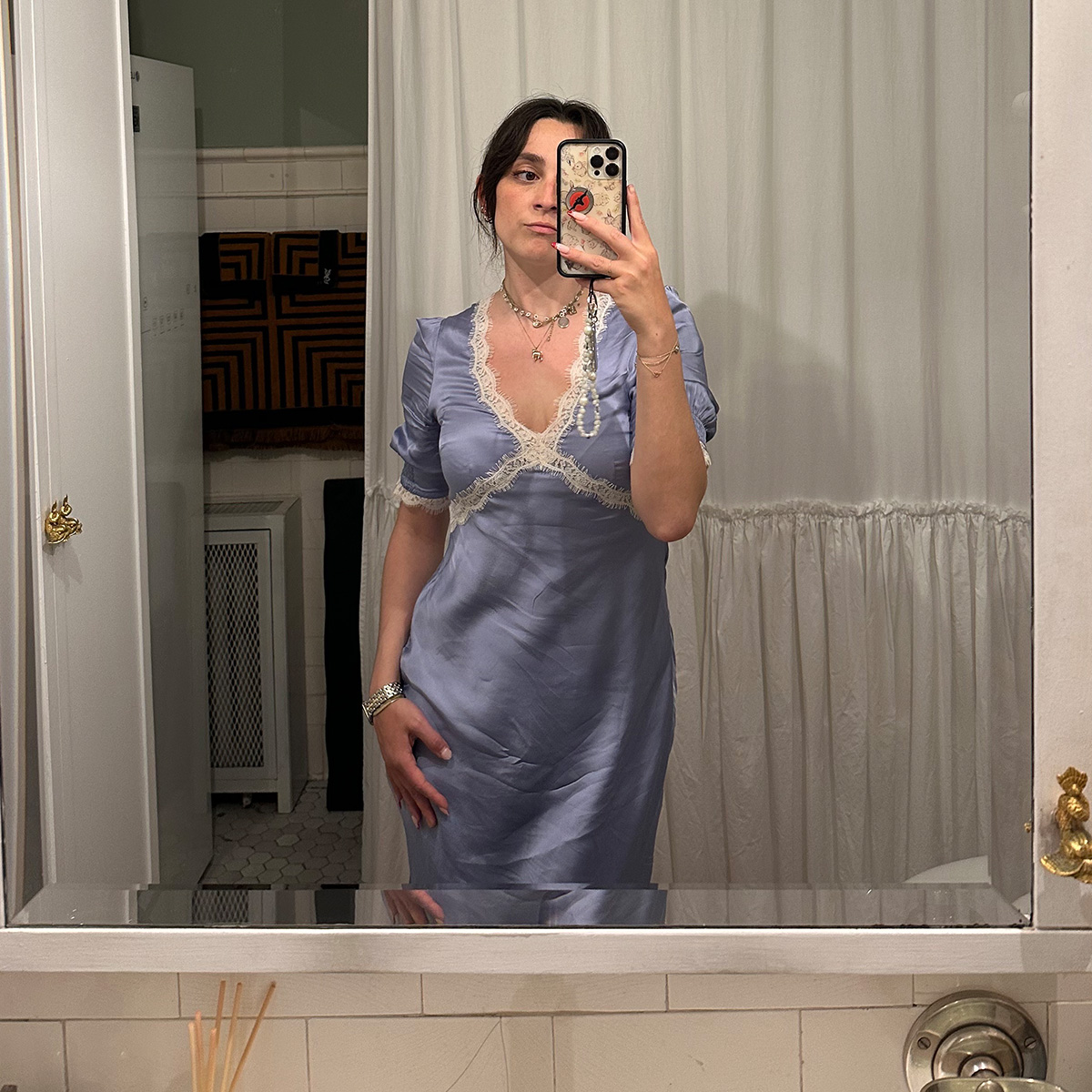7 Affordable Dress Brands That Are Also Sustainable
Whether it's renting, upcycling, shopping secondhand or buying from conscious companies, these days there is a myriad of ways we can all become more sustainably minded-consumers. However, with so much information and so many ethically-conscious brands around, often it can be hard to know where to begin. A simple Google search for sustainable fashion brands yields about 255 million results, and while that is in no way a negative thing, it can all feel a little mind-boggling at times. But don't worry—that's where we come in.
If we were to examine brands that are more considered in terms of their fabrications, manufacturing process and supply chain, at times the word "sustainable" can also equate to "expensive." That is why, this week, I made it my mission to track down some sustainably-minded dress brands that also happen to be a little more affordable. I set out with a rough price point of £100 in mind but was pleasantly surprised to find so many labels with gorgeous collections available way below that figure.
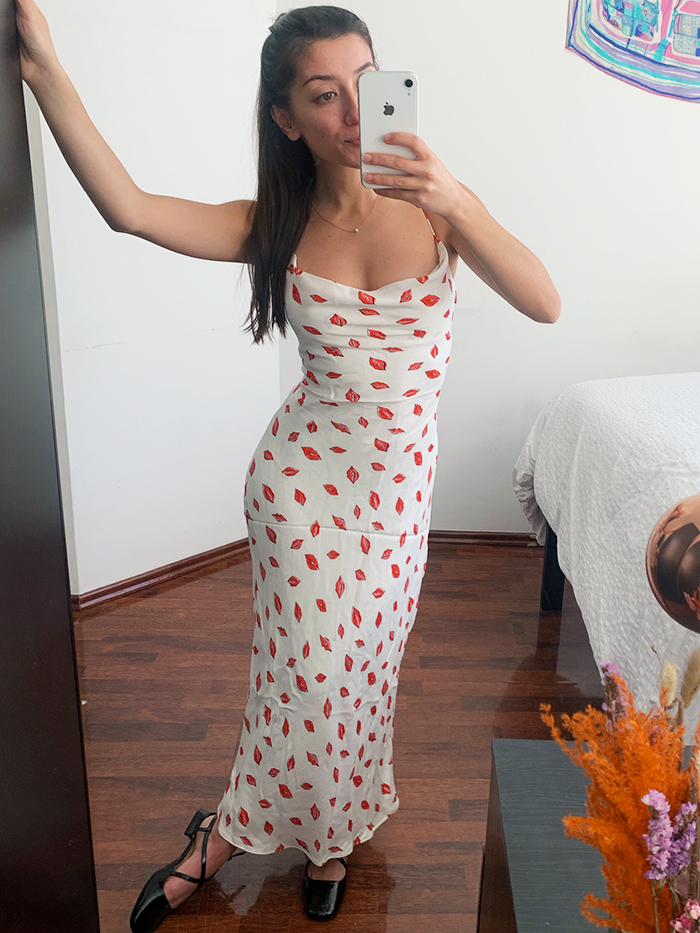
From Omnes, the London-based label founded just last year, to Nobody's Child (the celebrity favourite worn by the likes of Sienna Miller and Holly Willoughby), there are so many chic labels around that are prioritising the planet.
So whether they focus on showing customers a transparent supply chain, ensuring they are using the most environmentally friendly fabrics or combating fast fashion with made-to-order garments, keep scrolling for seven sustainable and affordable dress brands I think deserve a spot on your radar.
Omnes
Omnes's goal is to make fashion that doesn't cost the earth. The brand is focused on minimising waste and uses both recycled and recyclable fabrics where possible. Many of the label's garments are made using FSC (The Forest Stewardship Council) certified Viscose, which is a renewable plant-source material that will eventually biodegrade. It also makes its labels from recycled plastic bottles.
Nobody's Child
Heralding itself as an eco-conscious fashion brand, Nobody's Child has a focus on mindful manufacturing. The brand has partnered with ethical factories and chooses to use eco-fabrics, including Lenzing EcoVero, a sustainable alternative to traditional viscose (which uses 50% less water) and Repreve, a polyester alternative that is made using recycled plastic bottles.
Ninety Percent
Ninety Percent has always had sustainability as a part of its ethos, prioritising the use of ethical factories and sustainable fabrics. The brand also shares 90% of its distributed profits between charitable causes and those who make the collection happen, hence the name Ninety Percent.
Before July
Before July's founder, Elisa Jaycott, created the ethical label in an effort to promote slow fashion. Each item is made-to-order (meaning there is no risk of over-supply), and Joycott creates each garment herself. The brand's most recent collection included deadstock fabric as well as dresses that can be customised based on hem length.
Nu-In
Founded in 2019, Nu-In was created with the idea of making beautiful garments that have a lower impact on the environment. The label uses a myriad of eco-fabrics including Seaqual, which is made from recycled plastic bottles and Ecotec cotton, which is made from upcycled yarn waste and used clothes.
By Megan Crosby
By Megan Crosby is another brand with a focus on slow fashion. Each item available is made-to-order, which means the brand has very little waste. Customers are able to submit their measurements on-site, so dresses can be tailored specifically for them. How's that for custom clothing?
Thinking Mu
Thinking Mu's focus on sustainable fashion comes down to traceability. Each garment is labelled with a QR code which allows customers to see the complete story behind the clothing, tracing the garment's impact. The brand uses sustainable fabrics (like Lenzing Ecovero outlined above) and even has a "Trash" collection, which sees new clothes made from recycled post-consumer materials.
Next up, the biggest Spring/Summer 2021 trends you need to know.
-
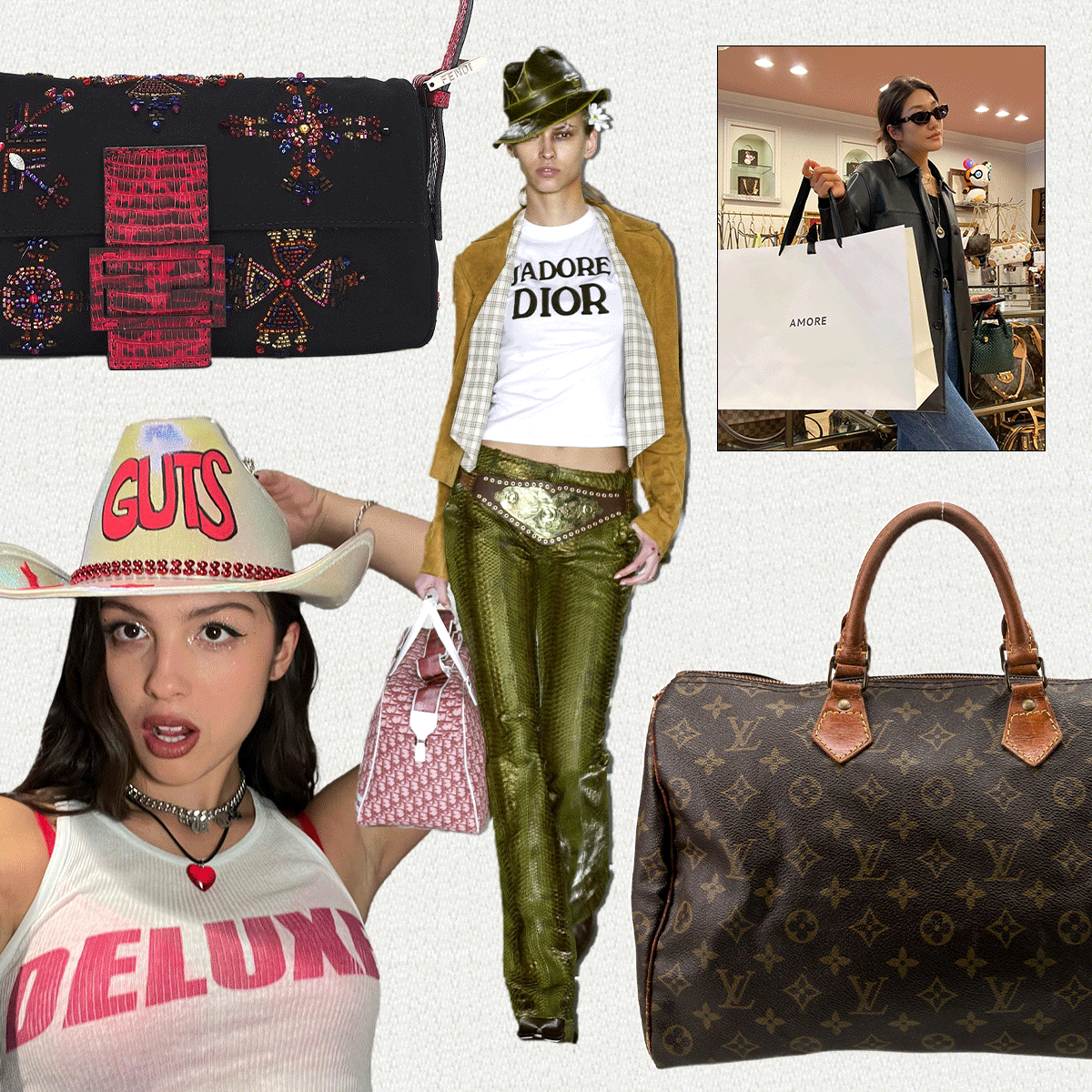 Save the Earth, But Make It Fashion: Gen Z's Secondhand Shopping, Explained
Save the Earth, But Make It Fashion: Gen Z's Secondhand Shopping, ExplainedRead our full secondhand report.
By Ana Escalante
-
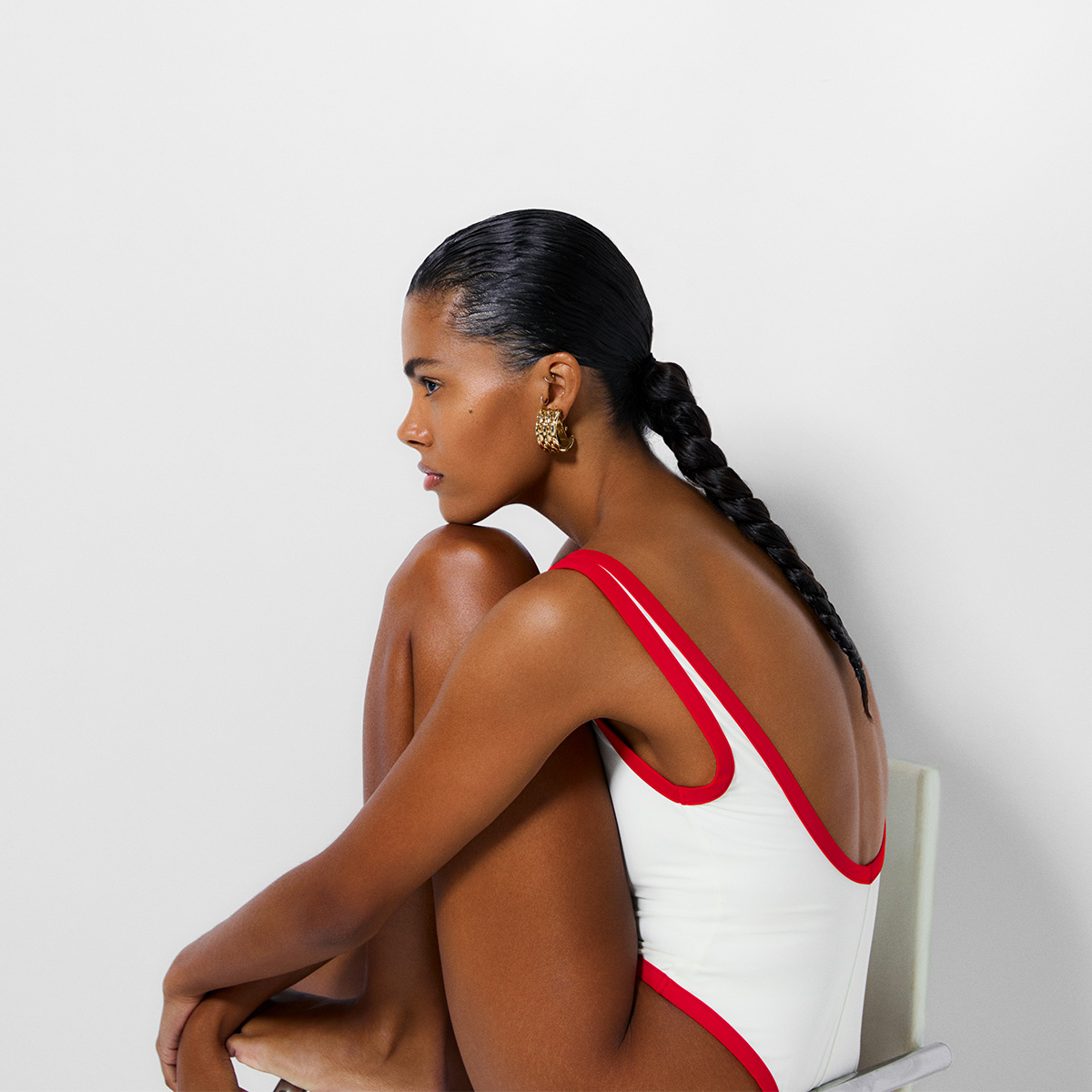 Reformation Finally Launched Swimwear, and the Collection Is Pure Elegance
Reformation Finally Launched Swimwear, and the Collection Is Pure Elegance*Orders every suit.*
By Eliza Huber
-
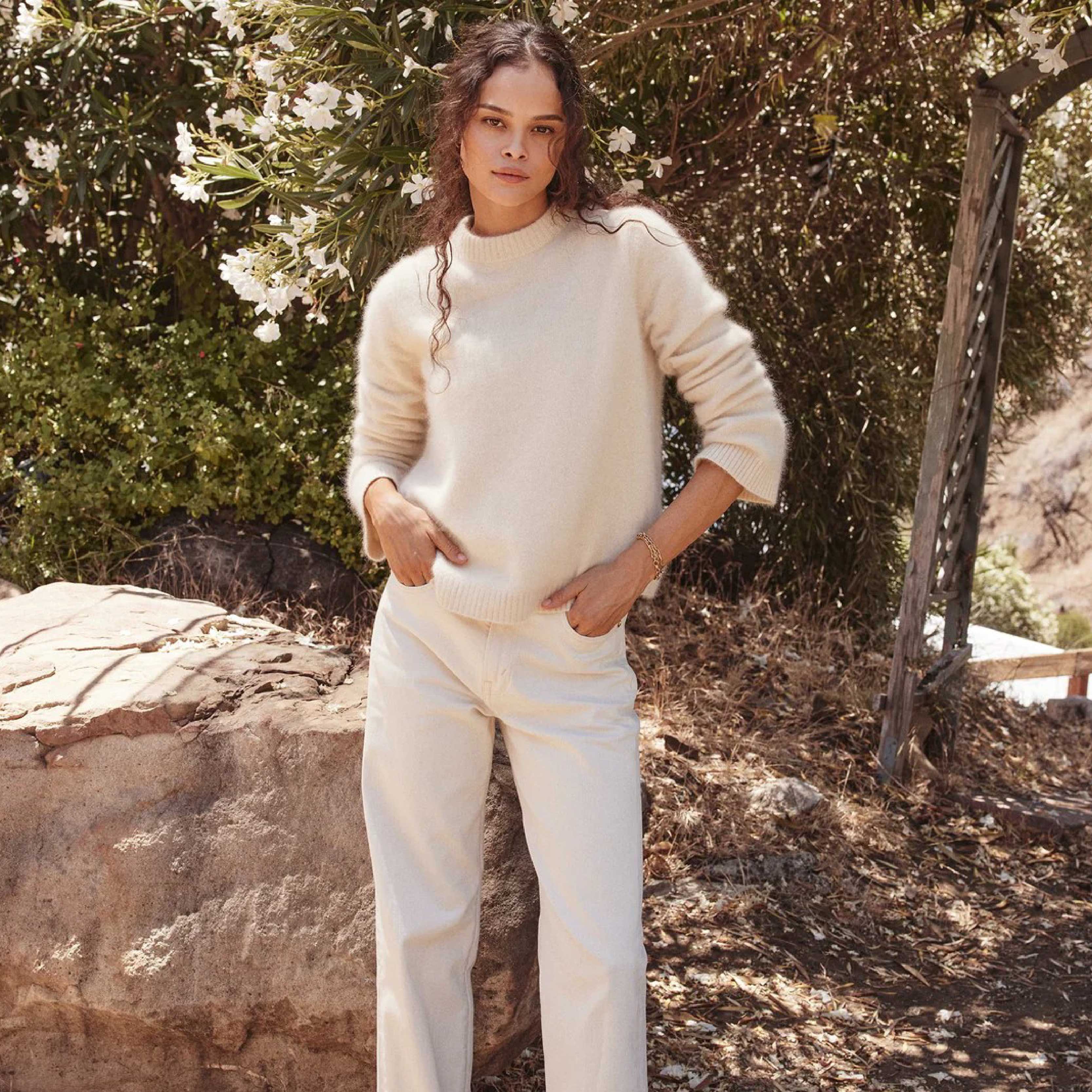 16 Classic Finds That Are Key to Building Your Perfect Capsule Wardrobe
16 Classic Finds That Are Key to Building Your Perfect Capsule WardrobeThis brand is a gem.
By Raina Mendonça
-
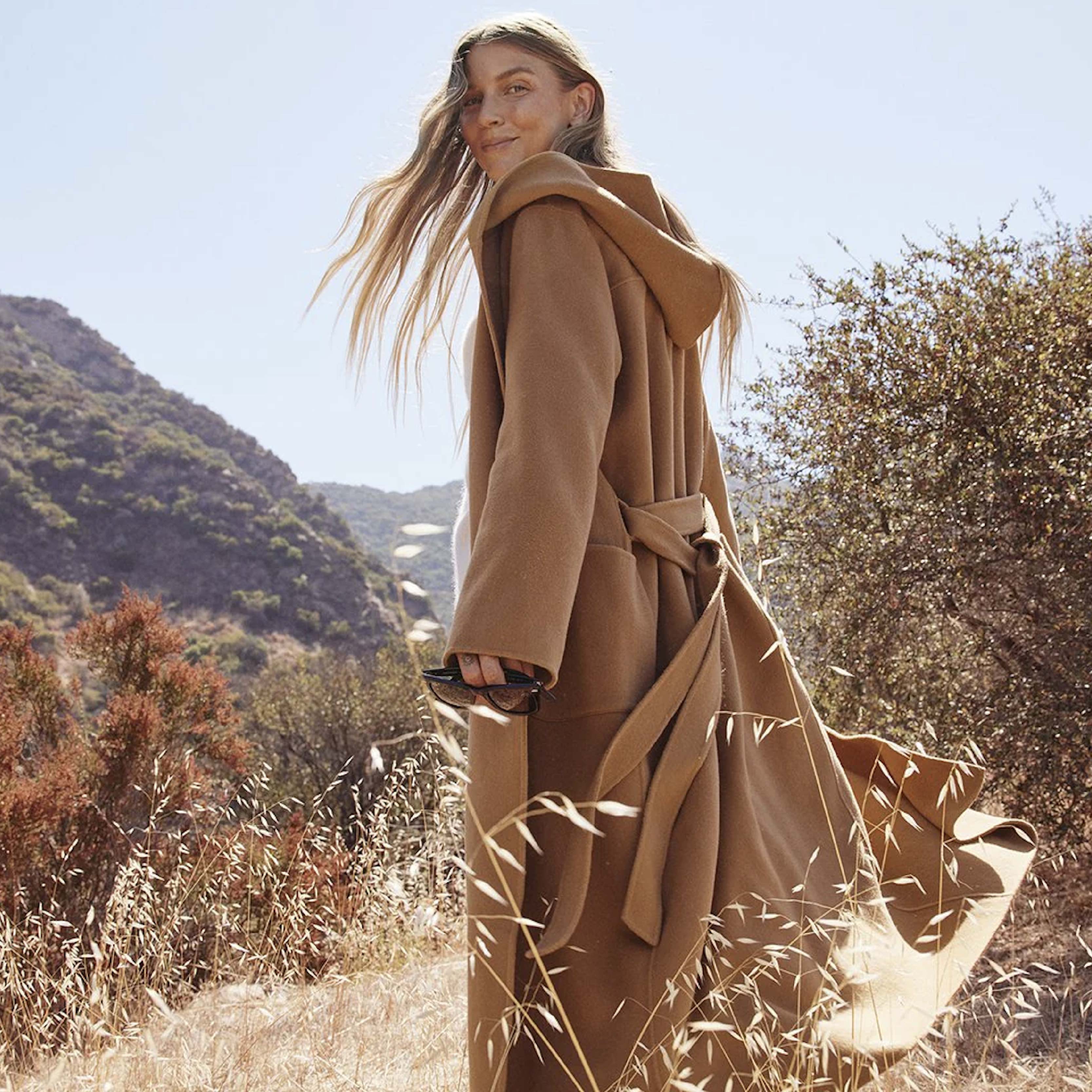 16 Classic Winter Fashion Finds That Will Stand the Test of Time
16 Classic Winter Fashion Finds That Will Stand the Test of TimeThese are winners.
By Raina Mendonça
-
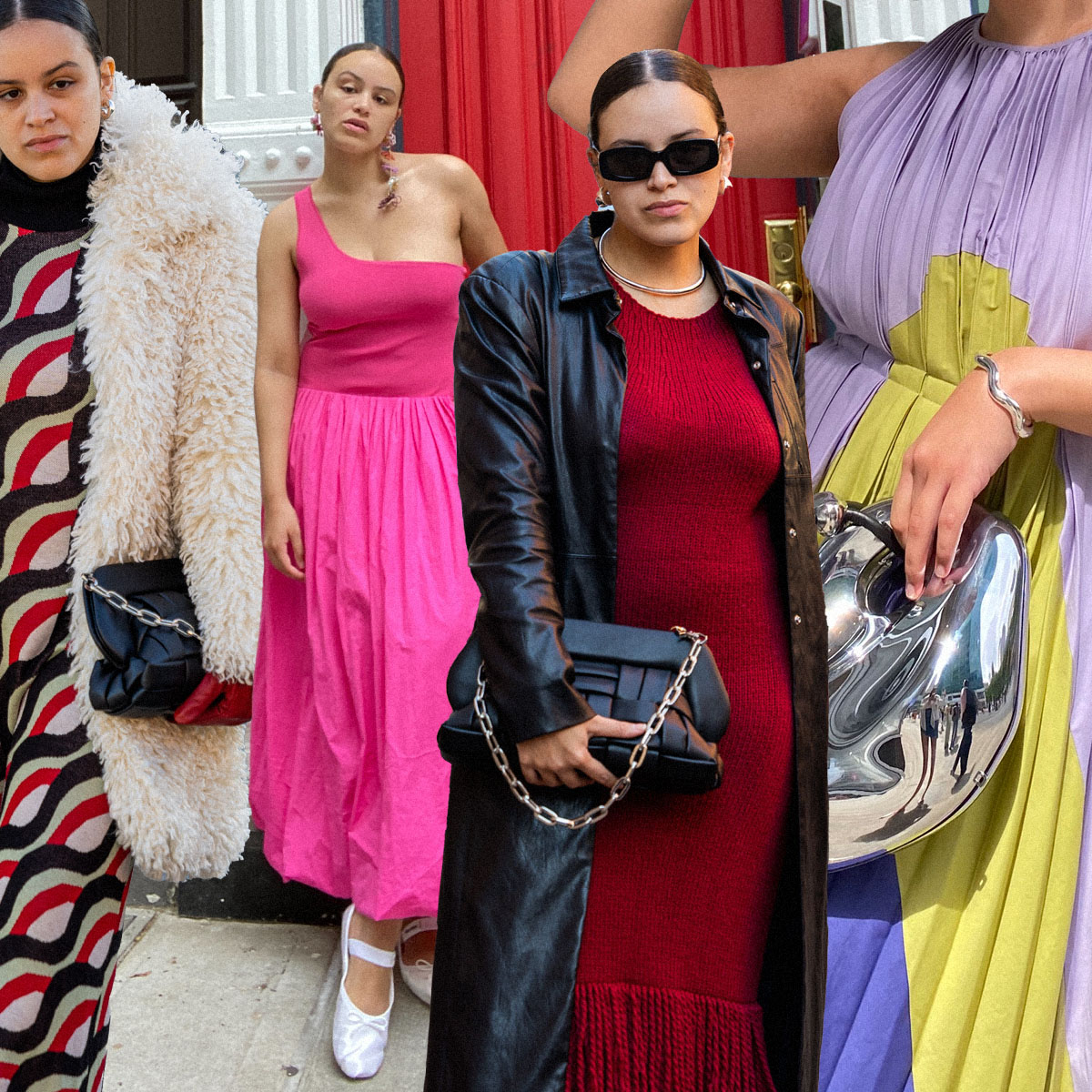 I Haven't Spent More Than $150 on Clothing in Six Months—Here's How I Did It
I Haven't Spent More Than $150 on Clothing in Six Months—Here's How I Did ItYes, really.
By Jasmine Fox-Suliaman
-
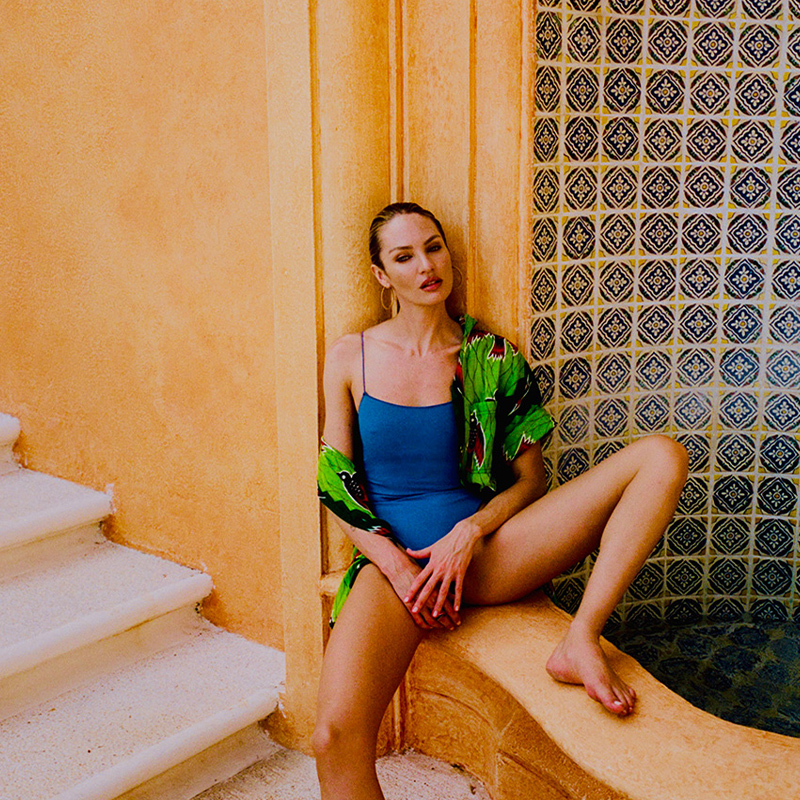 Feel and Look Good: Shop These Supermodel-Approved, Sustainable Summer Picks
Feel and Look Good: Shop These Supermodel-Approved, Sustainable Summer PicksSlow fashion is here to stay.
By Raina Mendonça
-
 Slow Fashion Is the Move for 2023—I'm Living in These 16 Dreamy Pieces
Slow Fashion Is the Move for 2023—I'm Living in These 16 Dreamy PiecesYour new favorite eco-conscious label.
By Emma Walsh
-
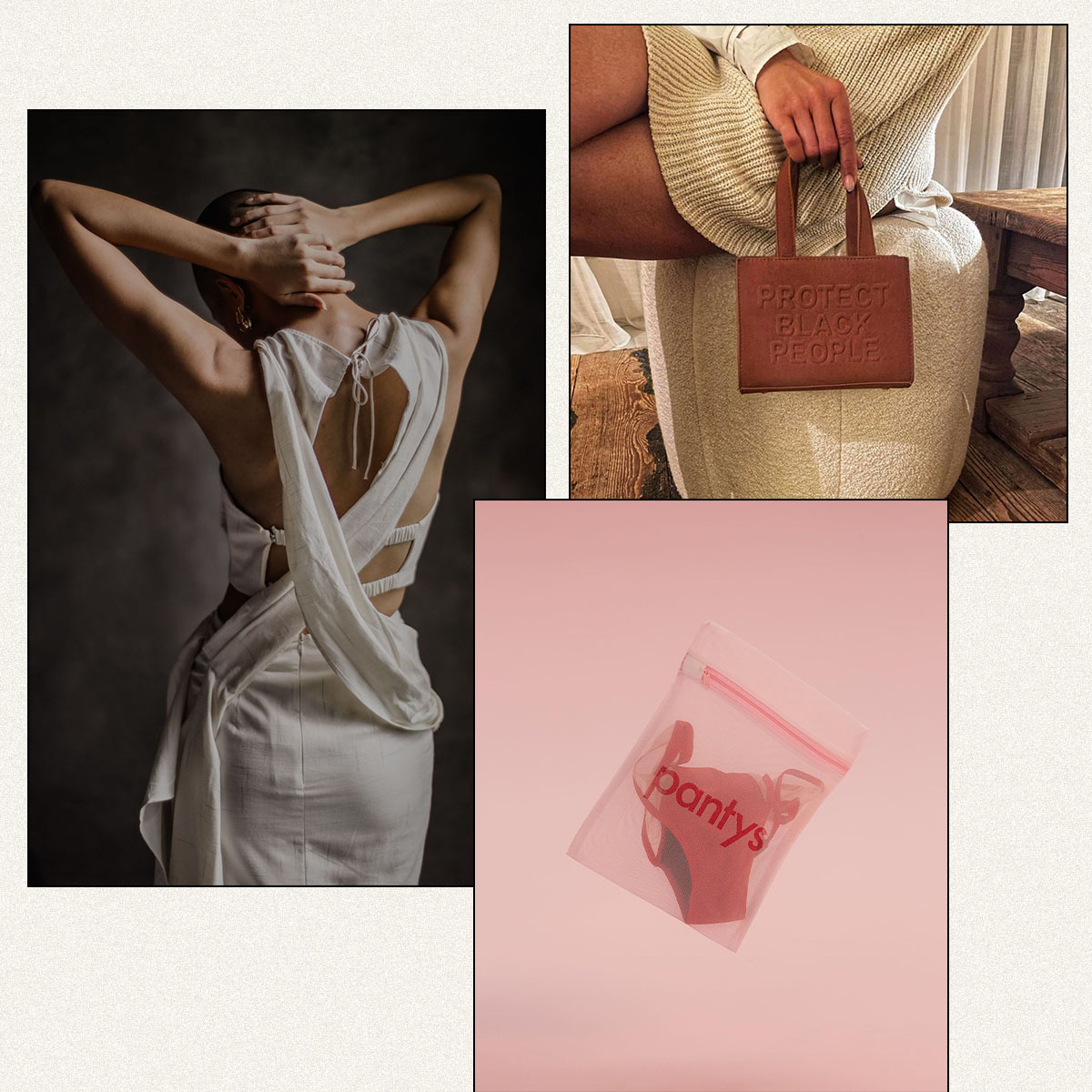 Cartier Is Empowering These Fashion Entrepreneurs Who Are Making a Difference
Cartier Is Empowering These Fashion Entrepreneurs Who Are Making a DifferenceThe 2023 Cartier Women's Initiative Awards are here!
By Kat Collings
